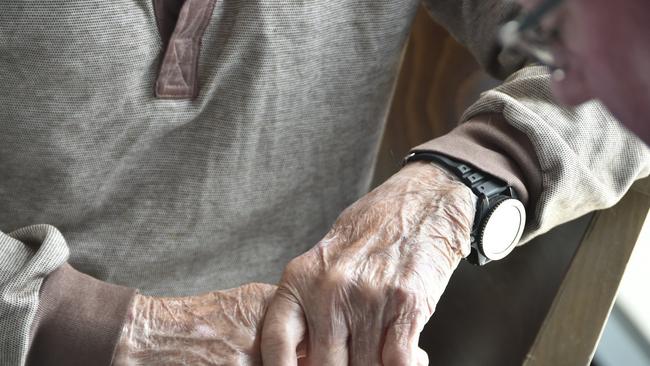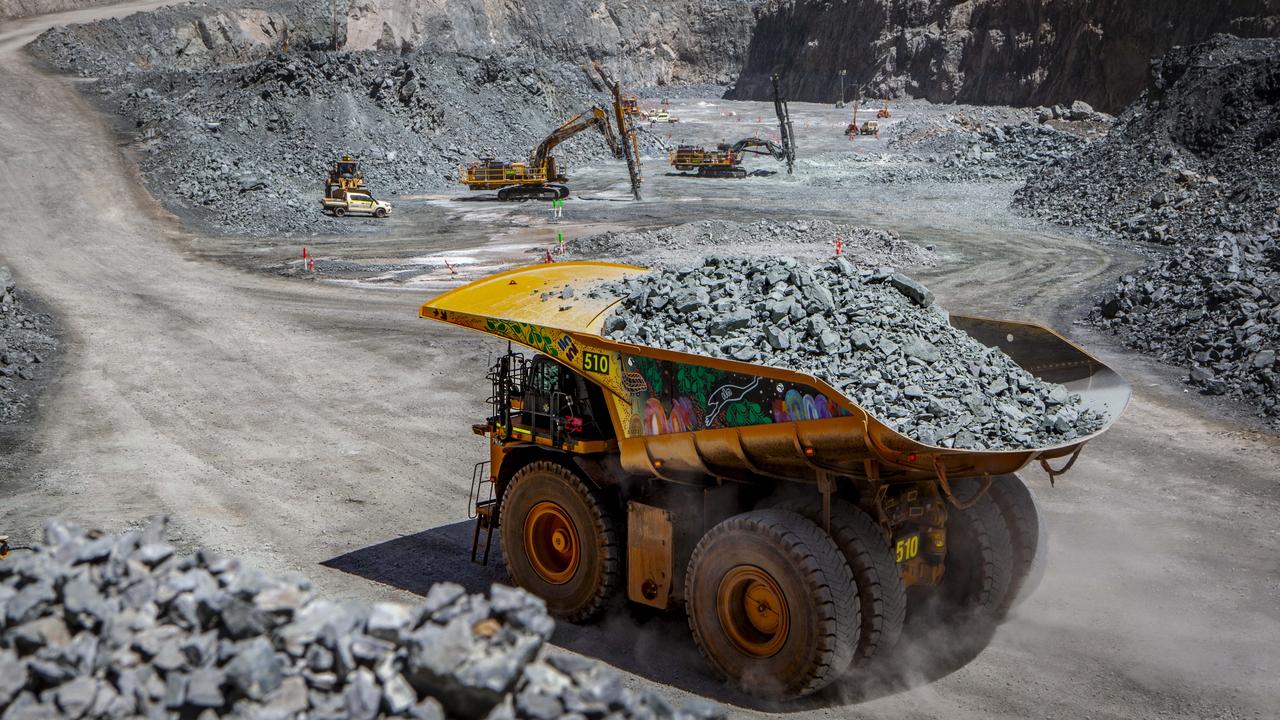Bupa hit by $72m loss
Bupa says it is investing tens of millions of dollars after its aged care division sank to a $72m loss.

Bupa says it is investing “tens of millions of dollars” across its nursing homes, rolling out better meals and other services to residents, after its aged care division sank to a $72m loss amid heavy criticism during the royal commission into the sector.
The Department of Health sanctioned 15 of Bupa’s 72 Australian aged care homes last year, finding the care provided was not in compliance with Australia’s aged care standards.
This meant Bupa could not admit any new residents into those homes until it regained compliance, contributing to its aged care division sinking to a $72m loss for the year to December 31 – a 541 per cent turnaround from 2018.
Bupa Australia and New Zealand chief financial officer, Nick Stone, said the result included a $320m writedown of its Australian aged care business and he anticipated it would take years before the company recovered to levels similar to its 2017 profit results.
Total occupancy rate fell from 92 per cent to 83 per cent in 2019, and the British-headquartered company, which also provides health insurance and optical, dental and other health services, now has four nursing homes in Australia under sanction.
“It has been a disappointing year,” Mr Stone told The Australian.
“During the year, we engaged with the Royal Commission into Aged Care Quality and Safety, which is examining the entire aged care system to deliver improvements for residents now and into the future.
“We continue to work closely with the Department of Health and the aged care regulator, while investing significantly in improved care and support for our residents and their families.”
Bupa also raised the ire of the Australian Competition and Consumer Commission, which took the company to the Federal Court in April, alleging it misled aged care residents in 21 homes about services in did not provide or only partly provided.
These extra services included a “smart room” to assist residents with dementia, airconditioning in all bedrooms, covered outdoor exercise areas, hot breakfasts and travel escorts for outside appointments. Bupa has since reimbursed those residents.
Mr Stone said Bupa had also invested “tens of millions dollars” into its aged care division. Initiatives included stronger clinical oversight, improved staff training, enhanced internal auditing, implementing a new management structure and increasing the quality of food.
Overall, Bupa’s underlying profit plunged 47 per cent to $294m, while revenue firmed 3 per cent to $8.561bn.
Its health insurance business – which accounts for the majority of its earnings – delivered a 32 per cent fall in profit to $317m, while revenue was flat at $6.883m.
Like other insurers, Mr Stone attributed the fall to claims, which rose more than 4 per cent, outstripping last year’s 2.99 per cent premium increase, as well as younger Australians withdrawing from health insurance.
Almost 10,000 Australians dumped private health cover in the last three months of 2019, leaving the share of members with hospital cover at its lowest level in 12.5 years.
Also weighing on earnings was Bupa investing more than $100m across 2019 and 2020 in cyber security, digital services and other information technology initiatives. The spend comes after a series of high profile cyber attacks in recent years, with hackers targeting companies including Toll, Monash IVF and recruitment software provider Page Up.
“Our members health data is the most valuable data and we are investing to ensure it stays protected,” Mr Stone said.
Despite the challenges, Mr Stone said Bupa maintained its market share at 26 per cent, with 4 million members – in line with 2018.
“We are committed to delivering value for money for customers, addressing affordability issues and reducing out-of-pocket costs, while also supporting further health insurance reform.”
The company’s health services business, which includes its chain of optometrists, dentists and medical check services, was the only division to deliver revenue growth, rising 44 per cent to $789m. Profit, however, declined 15 per cent to $39m.
More than 1.03m people used Bupa’s health services last year, which was buoyed by the company signing a contract with the Australian Defence Force which took effect from July 1. This compares with about 973,000 people using the service from a year earlier.
“The new Australian Defence Force contract and continued growth in our dental business through clinic acquisitions and greenfield developments contributed to this result,” Mr Stone said.
Bupa also runs an aged care business in New Zealand, which Mr Stone said performed in line with expectations, with revenue falling 3 per cent to $282m and profit falling 55 per cent to $13m.
He cited divestments made in 2018, occupancy rates falling 2 percentage points to 89 per cent and higher staffing costs as contributing to the New Zealand result.




To join the conversation, please log in. Don't have an account? Register
Join the conversation, you are commenting as Logout